You may be wondering if turmeric supplements are safe to take with other medication you are on, such as anticoagulants (blood thinners). In this article our Head of Product development Dr Miriam Ferrer looks at the evidence and any potential interactions with turmeric supplements.
Anticoagulants and antiplatelet agents are frequently used for the prevention and treatment of a wide range of cardiovascular and cerebrovascular diseases.
Warfarin (commercialised as Coumarin®) is the most widely prescribed anticoagulant in the UK. Anticoagulants and antiplatelet agents are more likely than any other medication to interact with herbal supplements and medicines.
Moreover, concentrations used in cellular assays are usually much higher than the levels at which those compounds will be found in the body. And of course, as this type of study is done in a test tube it will not tell us what the effect would be on a human being.
In vivo studies are performed using animals, usually mice or rats, in a laboratory. They help us to understand how the compound behaves in a whole organism. They also provide the initial points of toxicity (what is the maximum dose that can be given without any adverse effect) and pharmacokinetics (how the drug distributes itself in the blood and the organs). The main limitations of in vivo animal studies are that mice and rats have a quite different metabolism to humans, and it is not a simple extrapolation.
Human study results
In a 2018 study, Hu and collaborators 2 evaluated the interaction of a particular curcumin-phytosome formulation with antiplatelet and anticoagulant agents.
Antiplatelet agents and curcumin
Patients that had been taking antiplatelet agents (acetylsalicylic acid [Cardioaspirin®100mg/day], ticlopidine [Ticlid®250mg/day], or clopidogrel [Plavix®]) for at least two years were given three tablets of curcumin-phytosome per day, for 10 days.
The BT (in vivo bleeding time), defined as the time taken for spontaneous bleeding to stop after an incision is made into the skin, was evaluated before and after 10 days of curcumin supplementation. Normal BTs are usually between two and ten minutes, but can be longer than 30 minutes in patients with severe platelet defects.
Researchers found no significant differences on the average BT value before or after 10-day supplementation with Cardioaspirin®(BT = 5.54 ± 1.11 vs BT = 5.51 ± 1.21). Similar results were observed in the Ticlid®and the Plavix®groups.
Anticoagulant agents and curcumin
Patients using warfarin (Coumadin®) or dabigratan (Pradaxa®) for previous venous thrombosis were given two tablets of curcumin-phytosome per day, for 10 days. The anticoagulants were administered to keep the INR (International Normalized Ratio) at a constant level of around 3. The INR test is a standardised method used to monitor how well blood coagulates. In healthy people, an INR ≤ 1.0 is considered normal. An INR: 2.0 – 3.0 is generally an effective therapeutic range for people taking warfarin or other anticoagulants.
Researchers found no significant differences in the average INR value before or after 10-day supplementation with Coumadin®(INR = 2.91 ± 0.22 vs INR = 2.9 ± 0.19) or with Pradaxa®.
Is it safe to take turmeric with other medications?
As many other plant extracts, turmeric can potentially affect how some medications work.
For example, as curcumin could have an effect on lowering blood glucose levels, if you are taking diabetic medication, this could amplify the effect of the medication and bring your blood sugar levels too low 3 .
Curcumin can also help to regulate high blood pressure in a similar way to some commonly used medications, like losartan (Cozaar®). Because of this, it is not recommended to take turmeric supplements alongside this medication 4 .
Turmeric has been used safely in combination with prescription medications in some studies, such as anti-cancer drugs, to study whether it might help with improving patient quality of life. However, these studies have been done for short periods of time and under strict medical supervision to control the patient’s safety 5 .
Talk to your doctor
If you are taking prescription medication and think you would like to try a supplement, turmeric or any other, we recommend that you talk to your doctor or pharmacist first. Your doctor knows your medical history and will have up-to-date knowledge about any known drug interactions or reported adverse reactions.
Conclusions
If you are taking any medication or preparing for a medical procedure, you should consult your doctor or pharmacist before taking any food supplement. Every person is different, and will respond in their own way to a food supplement. If you begin feeling unwell, stop taking the food supplement and continue with the medication: your doctor has prescribed it to you for a reason.
Nevertheless, you can be confident that there is data from patients that supports the conclusion that curcumin and warfarin can be taken together.
References
1. Ulbricht C et al. Turmeric (Curcuma longa): an evidence-based systematic review by the natural standard research collaboration. Altern Complement Ther. 2011; 17: 225-236
2. Hu S et al Interaction study between antiplatelet agents, anticoagulants, thyroid replacement therapy and a bioavailable formulation of curcumin (Meriva) Eur Rev Med Pharmacol Sci. 2018. PMID: 30070343
3. Zhang HA & Kitts DD Turmeric and its bioactive constituents trigger cell signaling mechanisms that protect against diabetes and cardiovascular diseases. Mol Cell Biochem. 2021; 476(10):3785-3814
4. Curcumin and Losartan potassium drug interactions - a phase IV clinical study of FDA data
5. Pastorelli D et al. Phytosome complex of Curcumin as complementary therapy of advanced pancreatic cancer improves safety and efficacy of gemcitabine: Results of a prospective phase II trial. Pharmacol Res. 2018; 132:72-79.
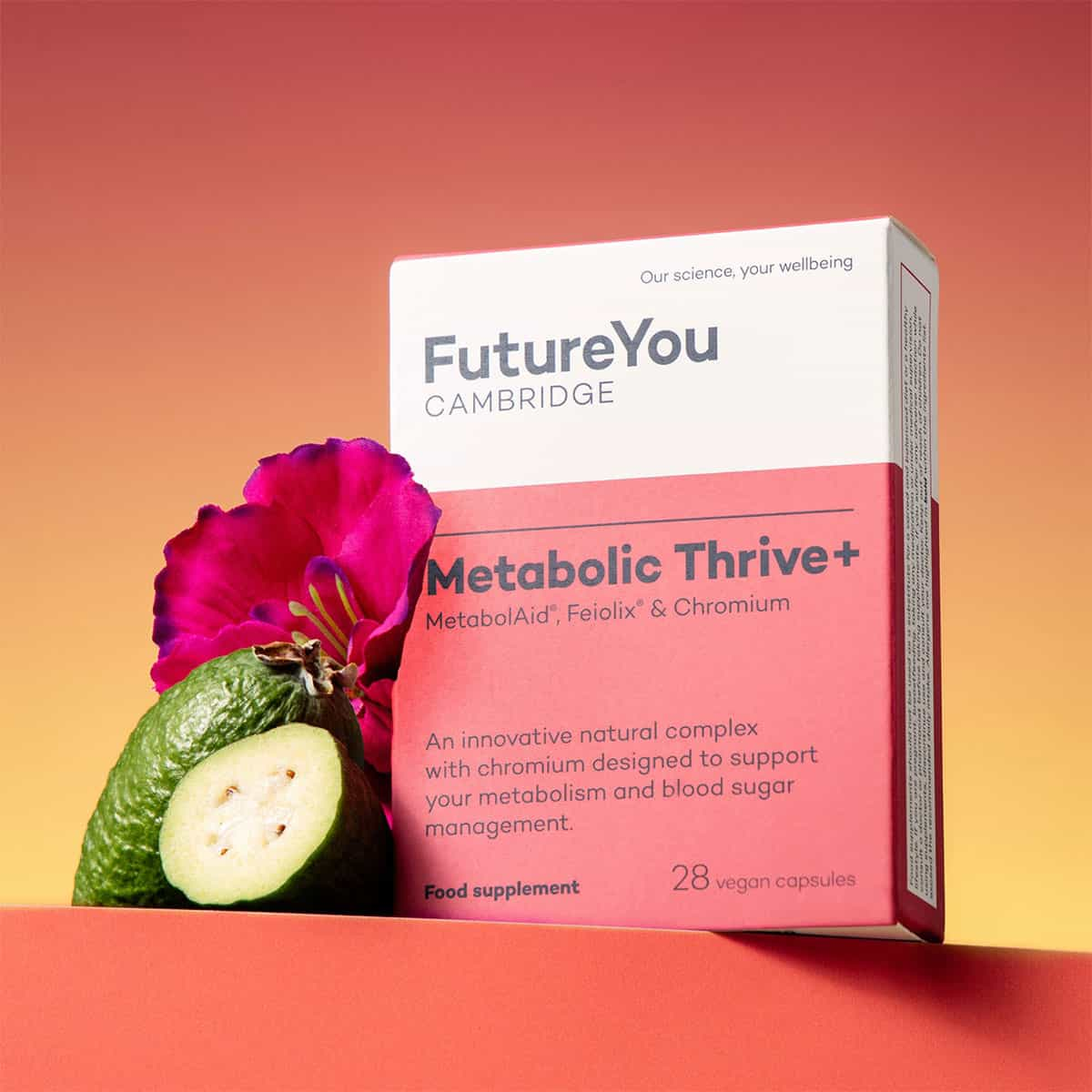
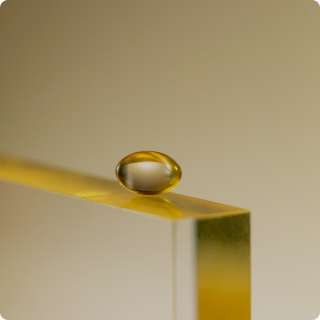






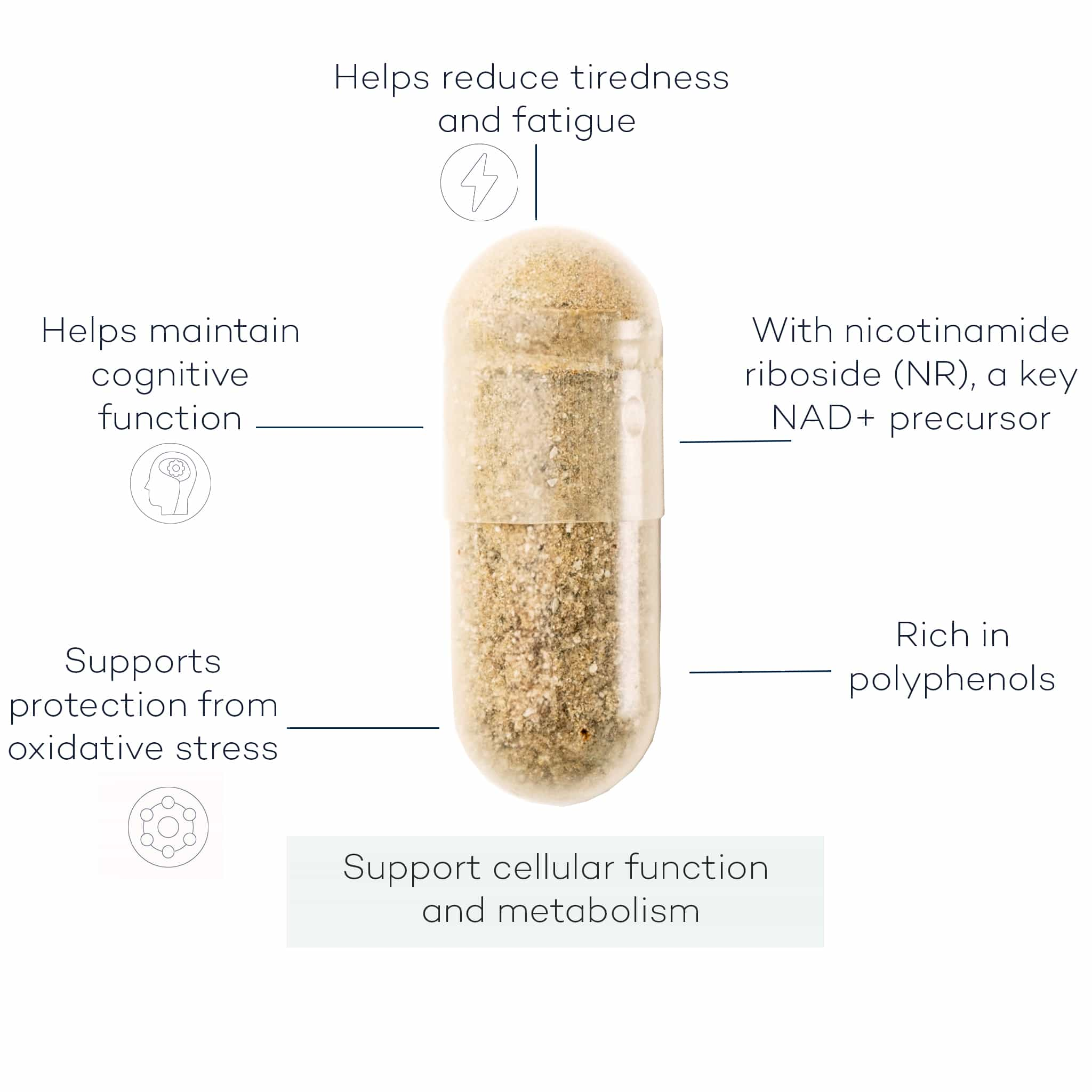
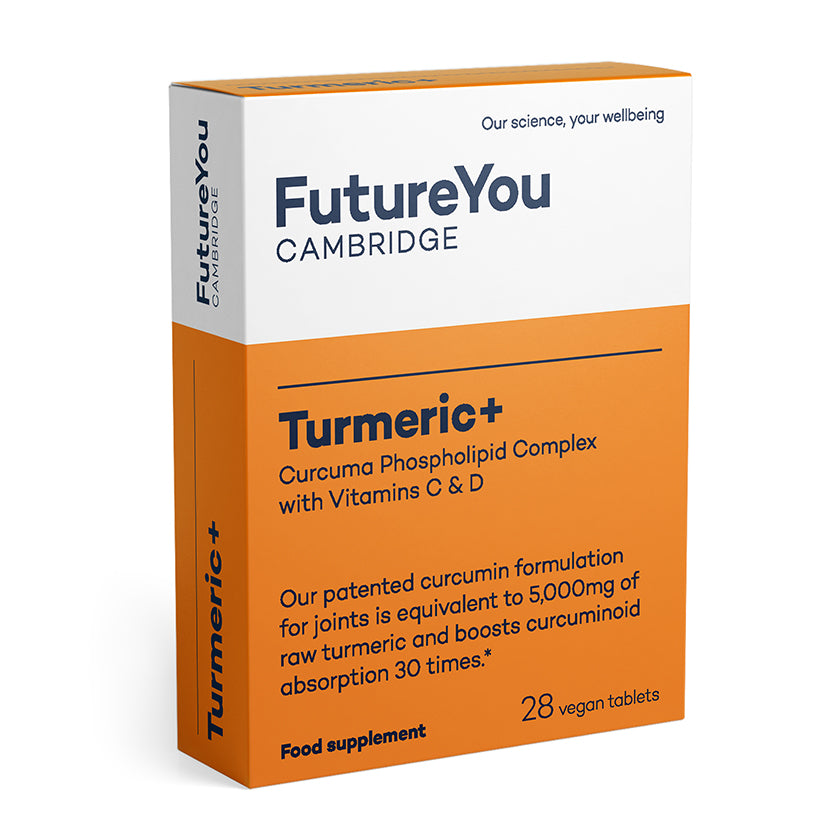
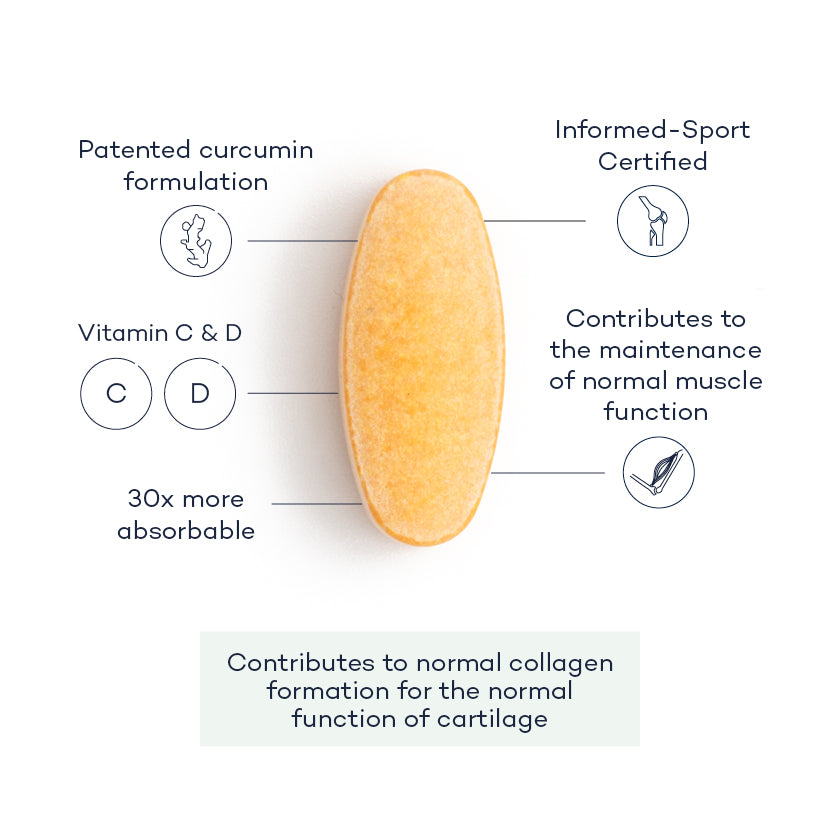
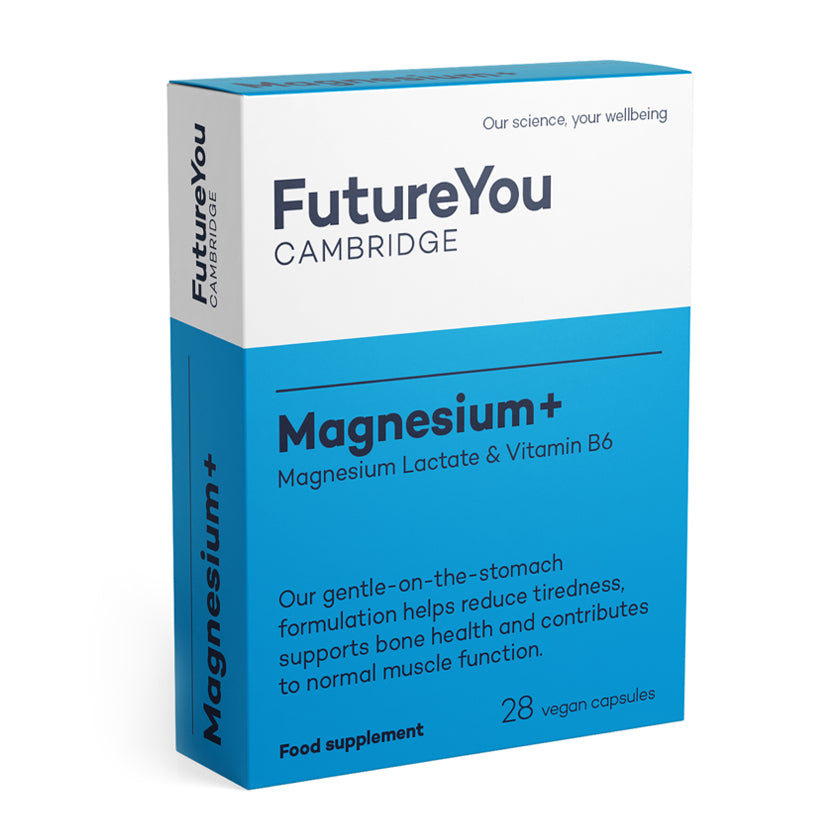
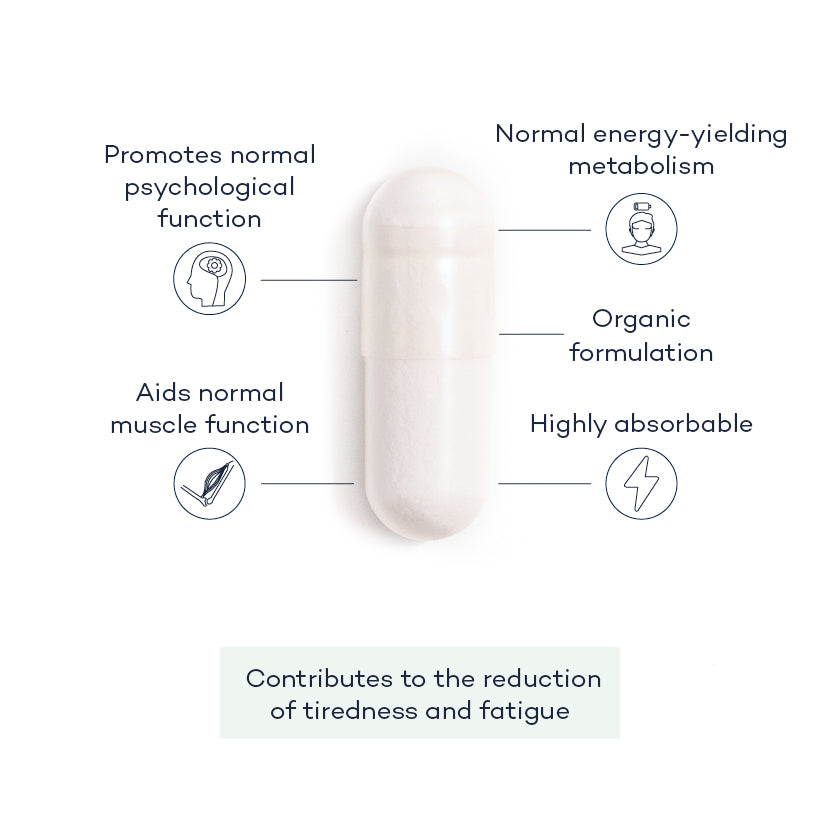
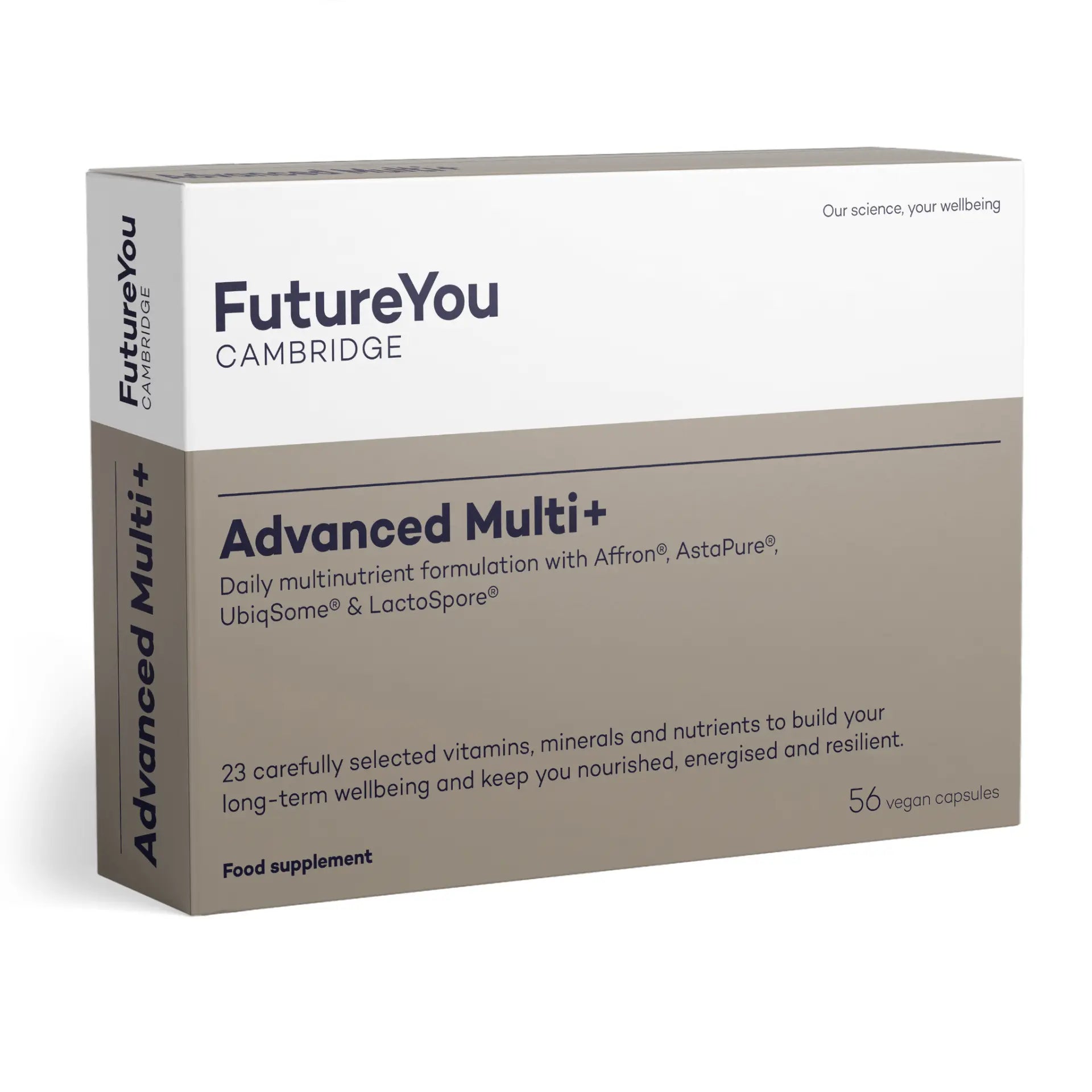
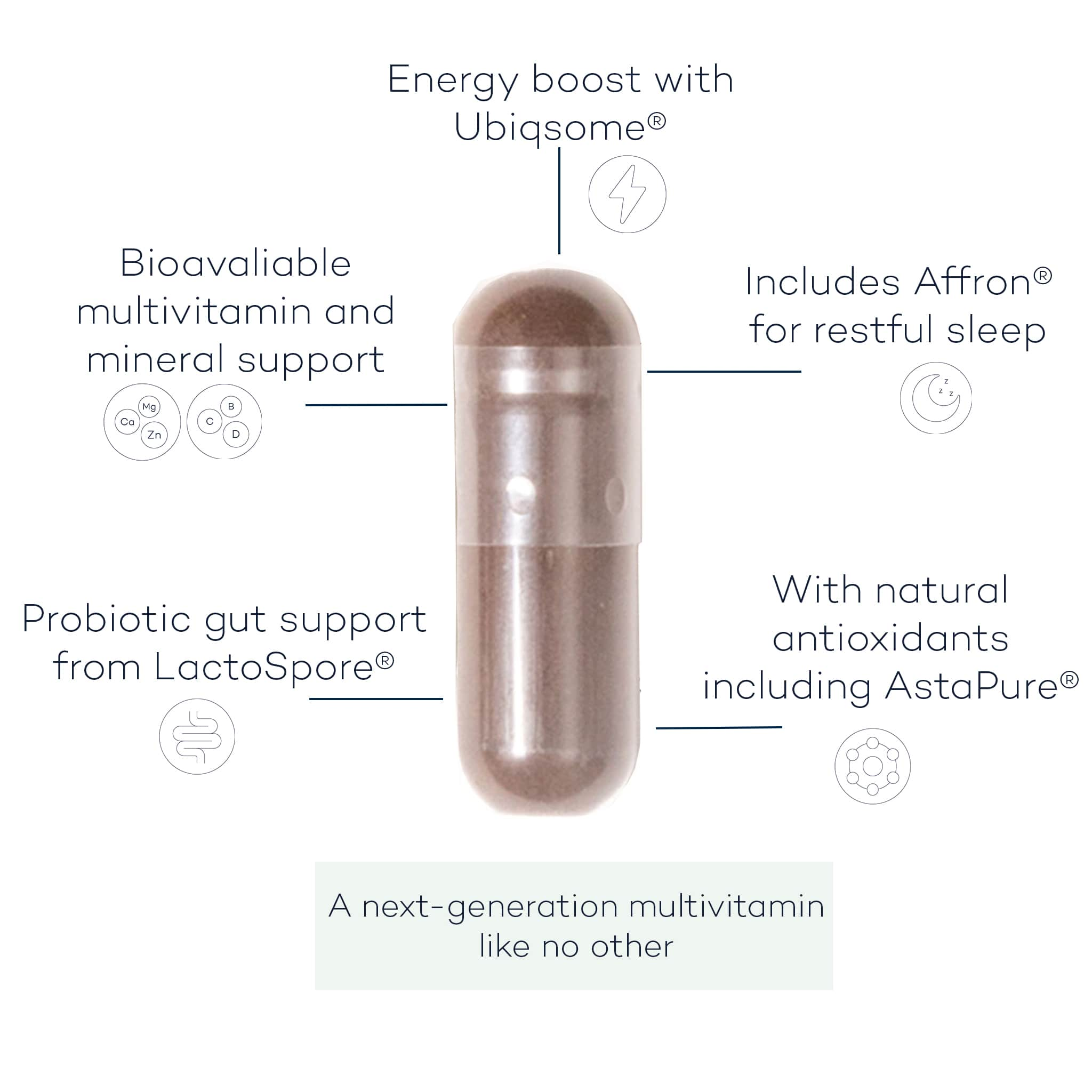
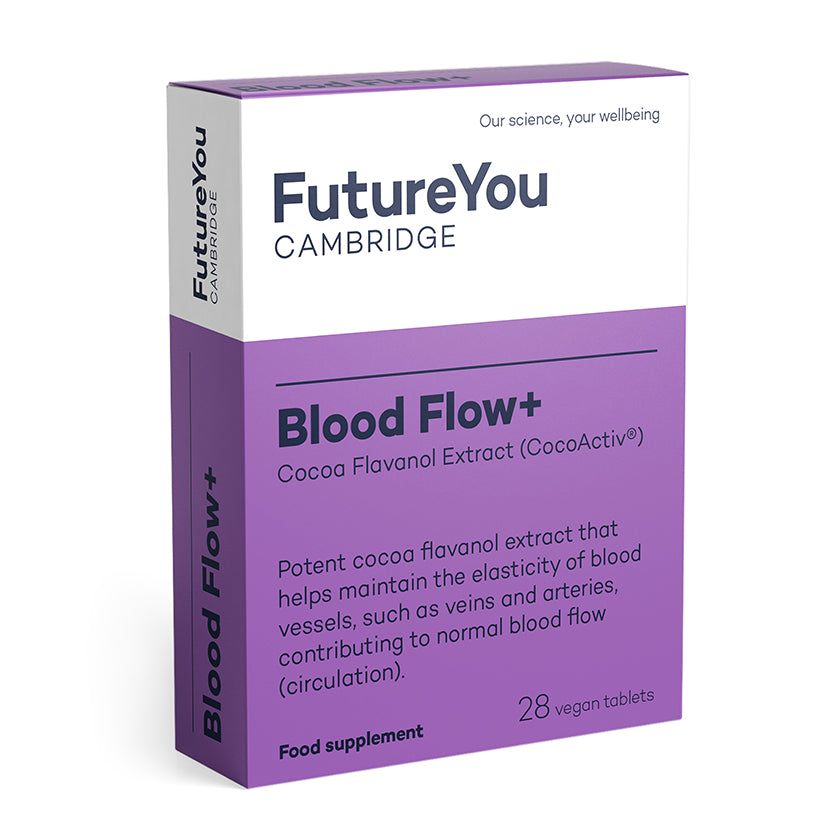
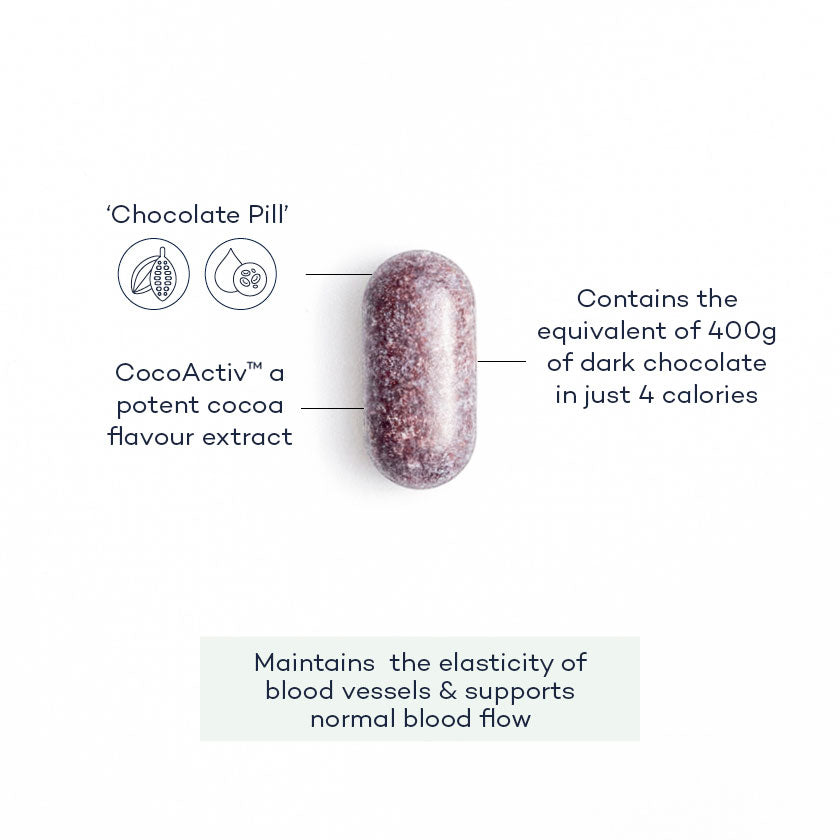
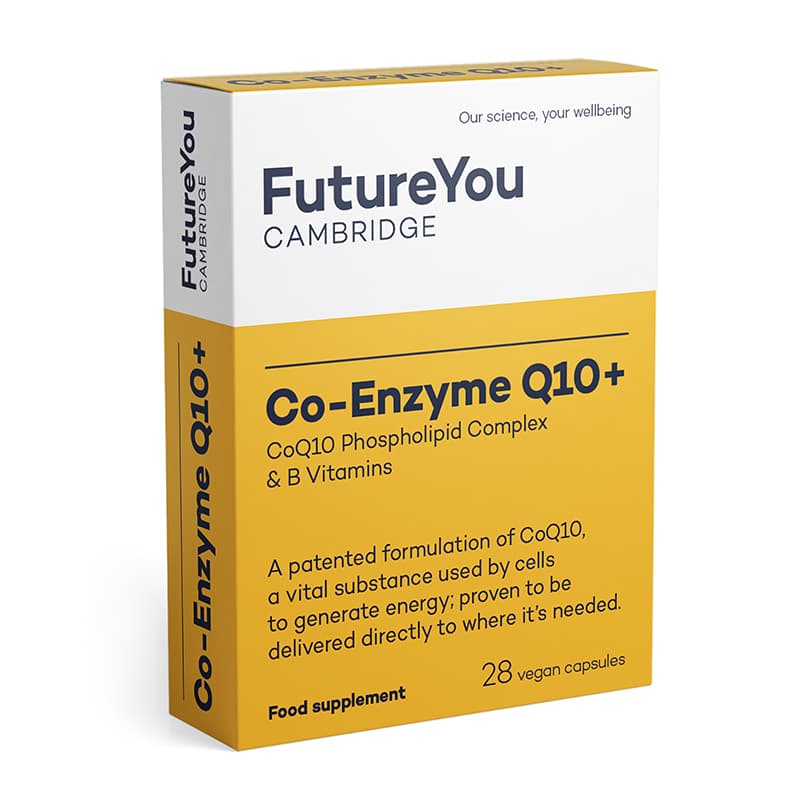
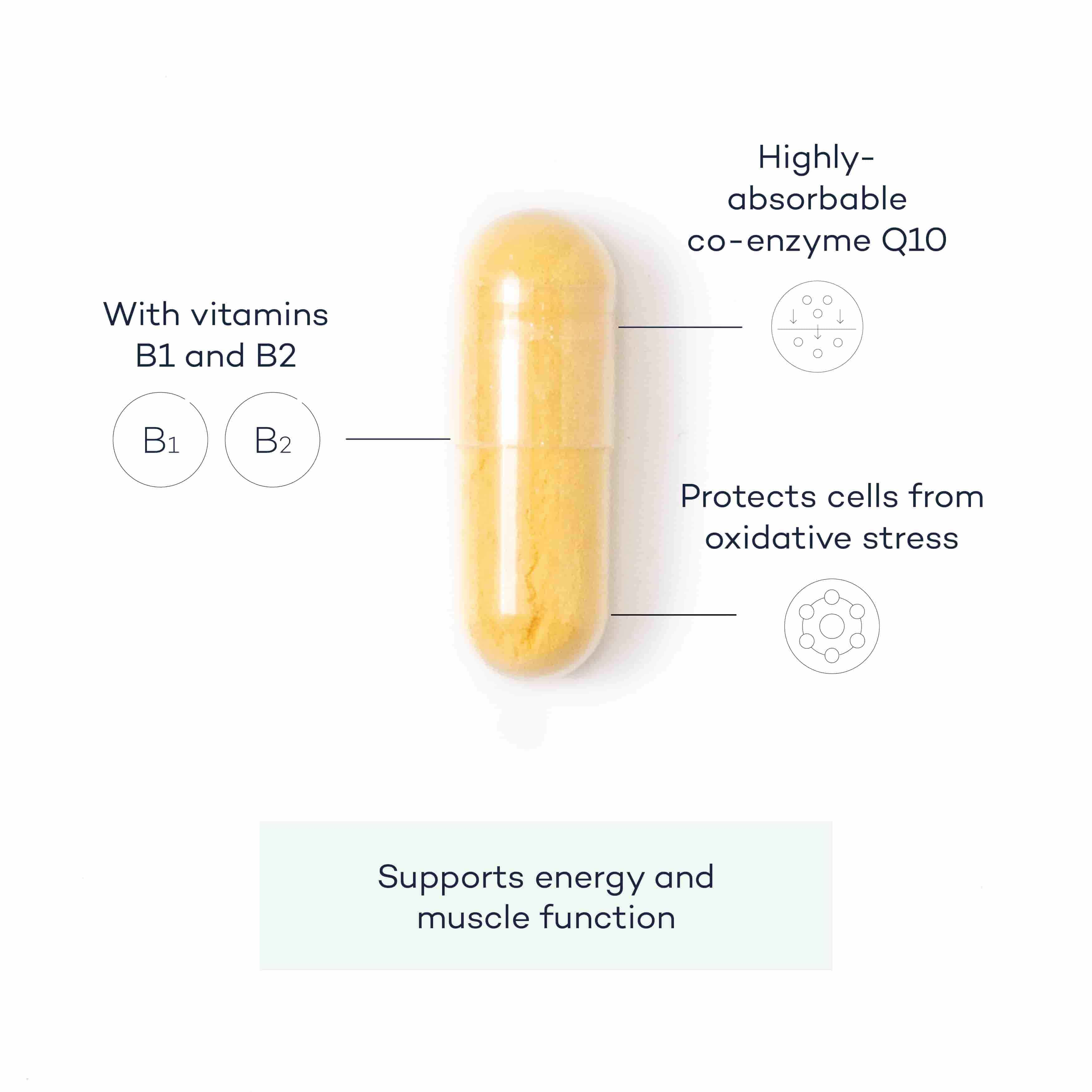
Leave a comment
All comments are moderated before being published.
This site is protected by hCaptcha and the hCaptcha Privacy Policy and Terms of Service apply.